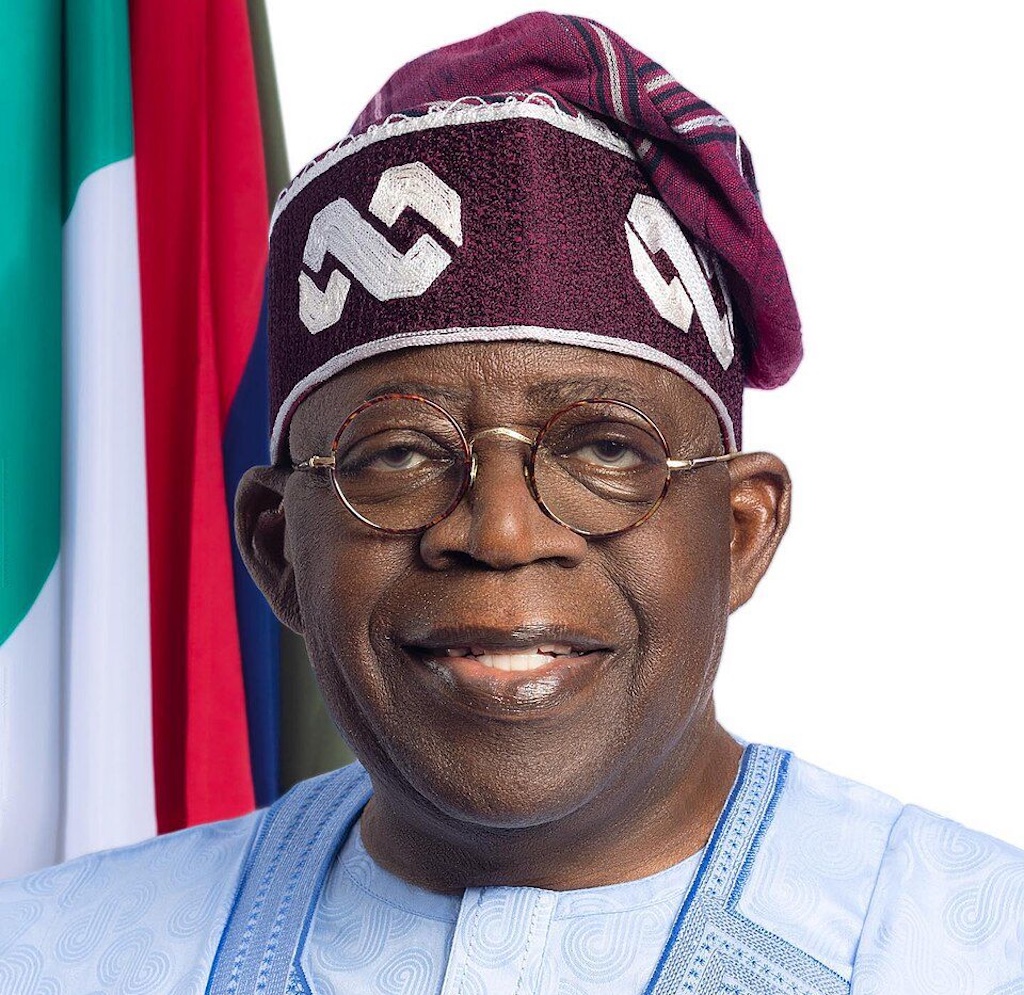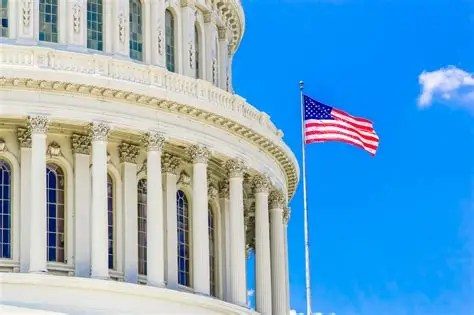Sunday Aborisade in Abuja
The Senate has taken a significant step towards overhauling the country’s public procurement laws to give newly registered and indigenous contractors better access to federal government contracts.
The move followed a resolution passed during plenary yesterday, directing its Committees on Public Procurement and Local Content to partner with the Bureau of Public Procurement (BPP) on amending relevant legislation.
The resolution stemmed from a motion sponsored by Senator Suleiman Sadiq (APC, Kwara North), who highlighted the persistent exclusion of small and medium-scale local contractors from bidding for and executing public infrastructure projects.
The motion, which received overwhelming support on the Senate floor, aims to reduce the dominance of foreign contractors in government projects and encourage broader indigenous participation.
Presenting his motion, Sadiq lamented the structural barriers faced by local businesses, particularly startups and small-scale enterprises, in securing federal contracts.
He said, “Despite having capable professionals and small firms with technical capacity, our system effectively sidelines them through stringent procurement requirements.
“This denies them opportunities to grow and contribute meaningfully to the economy.”
The senator further stressed that promoting local contractor participation would create jobs, stimulate community development, and ensure that public funds circulate within the domestic economy.
Several senators echoed Sadiq’s concerns during debate on the motion.
Senator Sani Musa (APC, Niger East) underscored the economic and social impact of revising the current procurement laws.
He added, “Many of our local contractors possess the skills and expertise needed to execute complex projects.
“However, they are often excluded because they don’t meet rigid documentation requirements, including financial thresholds and international certifications.”
Also speaking in support, Senator Adamu Aliero (APC, Kebbi Central) questioned the rationale behind preferring foreign contractors over competent Nigerian firms.
“No Nigerian contractor, no matter how skilled, can go to China or Europe and win a government contract there. Why should we sideline our people in their own country?” Aliero asked.
Deputy Senate President, Barau Jibrin, joined the call for reform, saying it was time to review both the Public Procurement Act and the Local Content Act to reflect the realities of local capacity.
He said, “Our local contractors are consistently shortchanged. It’s not about rejecting foreigners but giving our people a fair chance.
“The current framework excludes many capable indigenous firms simply because they are new or don’t have five years of experience.”
Following the deliberation, Senate President Godswill Akpabio put the motion to a voice vote, which was unanimously passed by the lawmakers.
He then directed the relevant Senate committees to engage the BPP in initiating the amendment process.
He said, “I believe this amendment will cure the structural defects in our contracting system.
“We cannot continue to shut out newly registered companies, even when they have shown the competence to deliver.”
Akpabio said, “No one gains experience without being given the opportunity. It is only when our people are given jobs that they can build capacity.”
Nigeria’s procurement system has long been criticised for being overly restrictive and favouring large, often foreign-owned, companies.
Public contracts — particularly in critical sectors such as road construction, bridges, and housing—are frequently awarded to multinational firms, leaving local companies with limited roles.
Although the Public Procurement Act of 2007 does not explicitly require a minimum number of years of experience for bidders, many Ministries, Departments, and Agencies (MDAs) in practice demand three to five years of track record in executing similar projects.
This, along with high financial requirements and mandatory certifications, effectively disqualifies many small and newly established Nigerian companies.
Observers argue that these barriers reinforce a procurement culture that prioritises perceived experience over potential and innovation.
Critics also point to the economic consequences of this model, noting that the repatriation of profits by foreign contractors does little to stimulate the local economy.
If the proposed amendments are successfully enacted, they could mark a turning point in Nigeria’s procurement ecosystem.
Industry experts estimate that local contractors could gain access to billions of naira in public contracts, thereby strengthening indigenous technical capacity and generating thousands of new jobs across sectors.
Stakeholders have also called on the executive arm of government to support the legislative move by ensuring that MDAs adopt more inclusive procurement policies, particularly those that favour youth-led startups and community-based firms.
The Senate’s latest resolution signals a renewed commitment to aligning government spending with national development goals, with lawmakers emphasising that true economic growth must be anchored on empowering local businesses.
As the relevant committees begin work on drafting the amendments in partnership with the BPP, expectations remain high that a more inclusive and growth-driven procurement regime will soon be in place.


